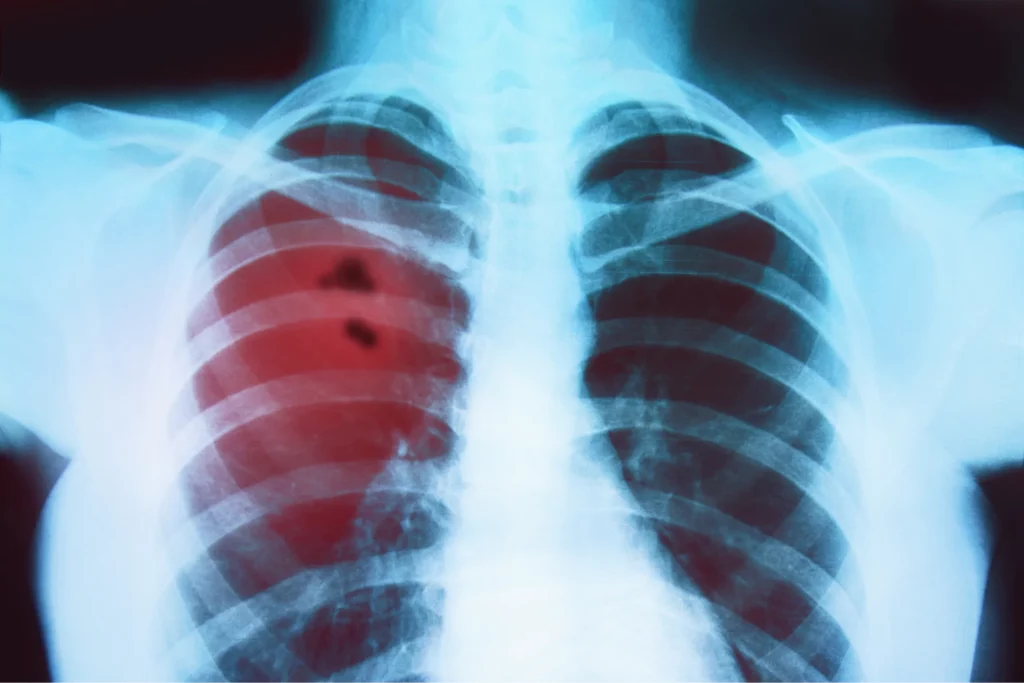
Situation
Many lung cancer patients are not diagnosed until later in their disease once the cancer has spread to other parts of the body and is less reactive to available treatments. In addition to late diagnosis, the average time between the initial diagnosis and the start of treatment is often more than six months. This is the result of delays observed in passing diagnosis information along to a patient’s primary care physician, in referring patients to a specialist, and in time taken for subsequent follow-up. The cost of diagnosis tests can also be a barrier.
As a result, the five-year survival rate for patients of lung cancer is often very low. The issue is no different for lung cancer patients in the UAE.
To address this challenge in the country, Axios partnered with a multinational pharmaceutical company to create a program to shorten both the timeline of diagnosis as well as the duration between diagnosis and the start of treatment for lung cancer patients.
Solution
Axios believes that effective treatment adherence programs are personalized to the needs of individual patients. To design a more effective solution to help patients stay on treatment, Axios turned to its proprietary Patient Needs Assessment Tool (PNAT).
PNAT assesses the risk factors that could lead the patient to stop treatment and helps determine the most effective adherence interventions for that particular patient based on his/her identified risk factors. It was built around the five dimensions of adherence set by the World Health Organization (WHO). It uses a qualitative and semi-quantitative questionnaire to identify and document individual patient risk factors and apprehensions that may lead to poor adherence or discontinuation of treatment. The results are then used to develop a personalized adherence plan targeting these risk factors to support patients in their treatment journey.
In the case of MS patients in Saudi Arabia, in partnership with the Ministry of Health, local MS patient associations and other parties, the following services were made available to improve treatment adherence and improve a patient’s quality of life:
- Educational sessions for patients to increase awareness and knowledge about MS and treatment
- An on-demand support careline to receive and answer patient queries
- Ongoing treatment reminders and follow-up plans
- Patient forums to help empower and motivate patients and caregivers
- Auto-injectors to ease a patient’s injecting process, available upon a patient’s request
Results
Approaching one year since the program began, lung cancer patients in the UAE are already benefiting. 80% of the country’s lung cancer community are aware of the program and its resources available to serve them, and 70+ of the country’s pulmonologists and Oncologists are increasing awareness about the disease to their patients and introducing patients to the program.

